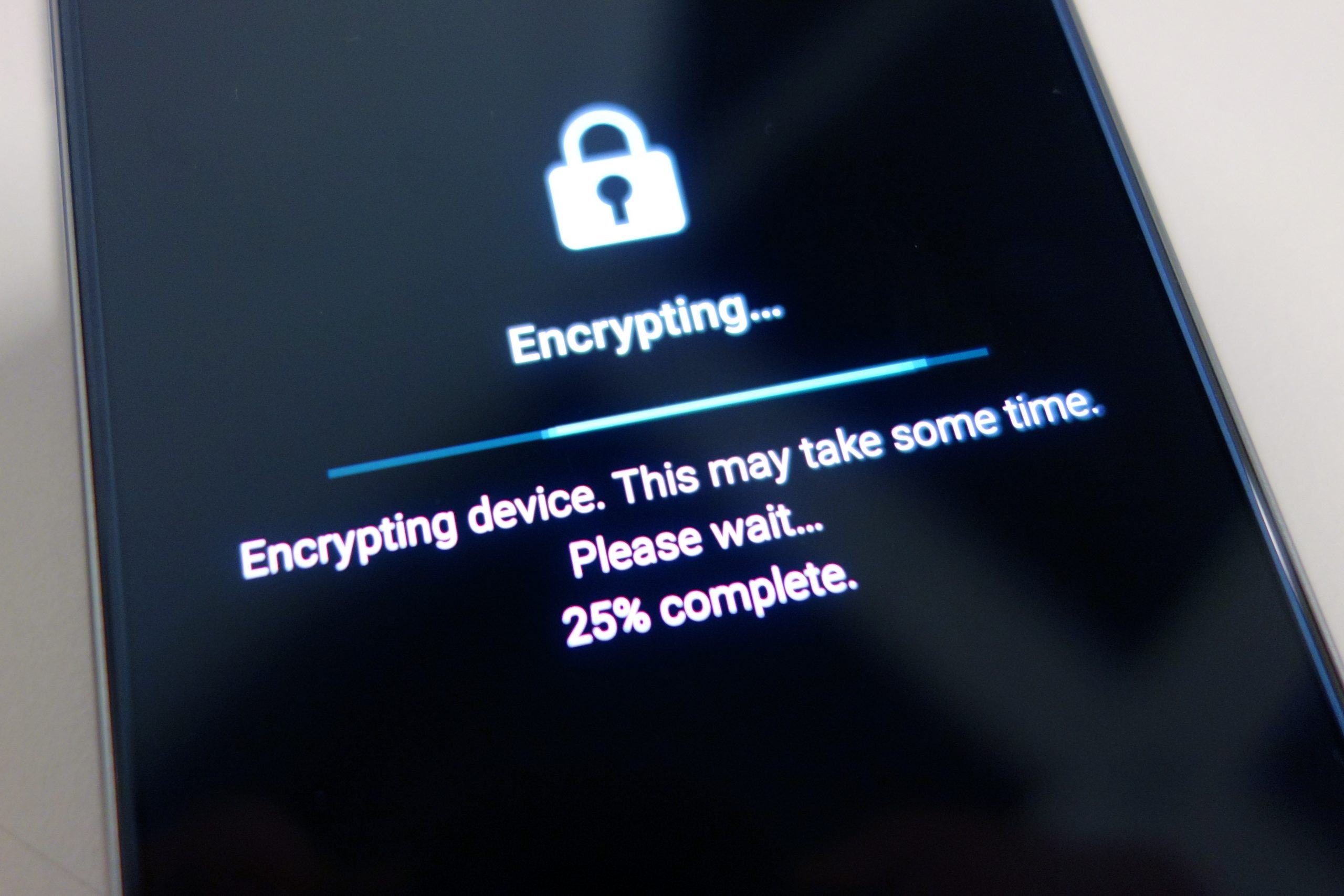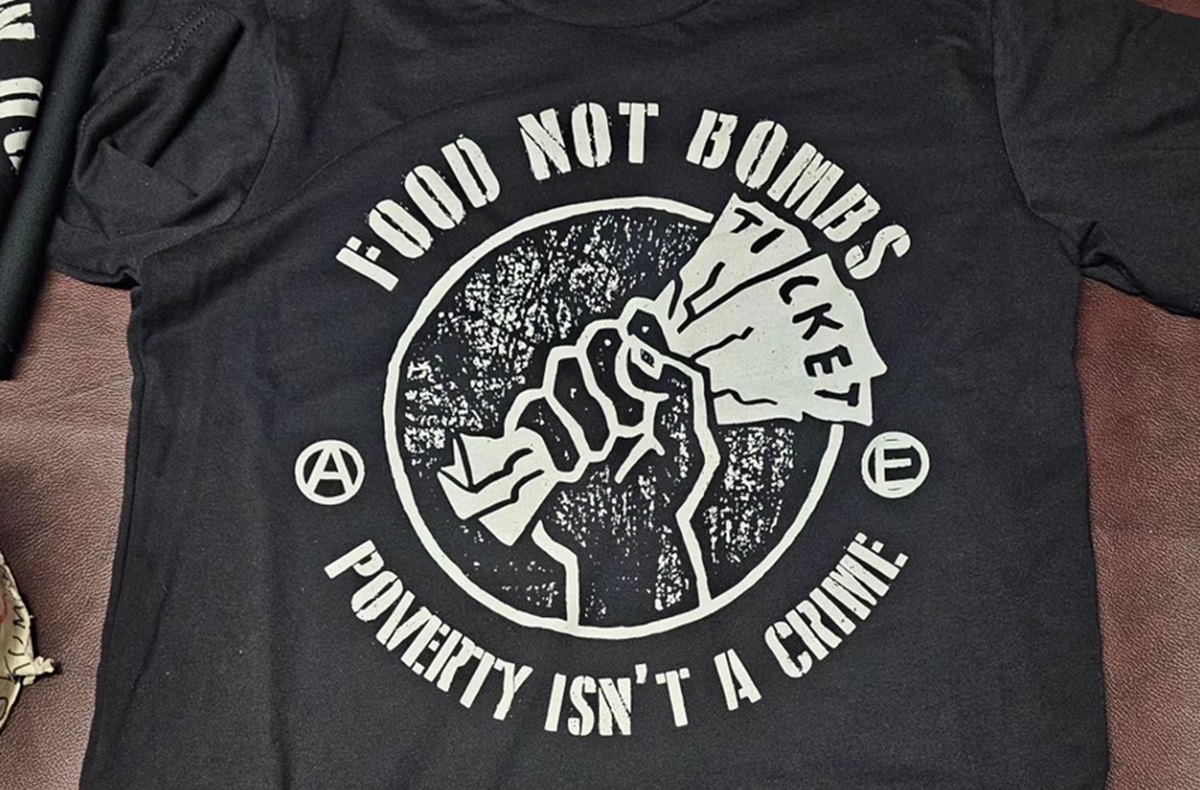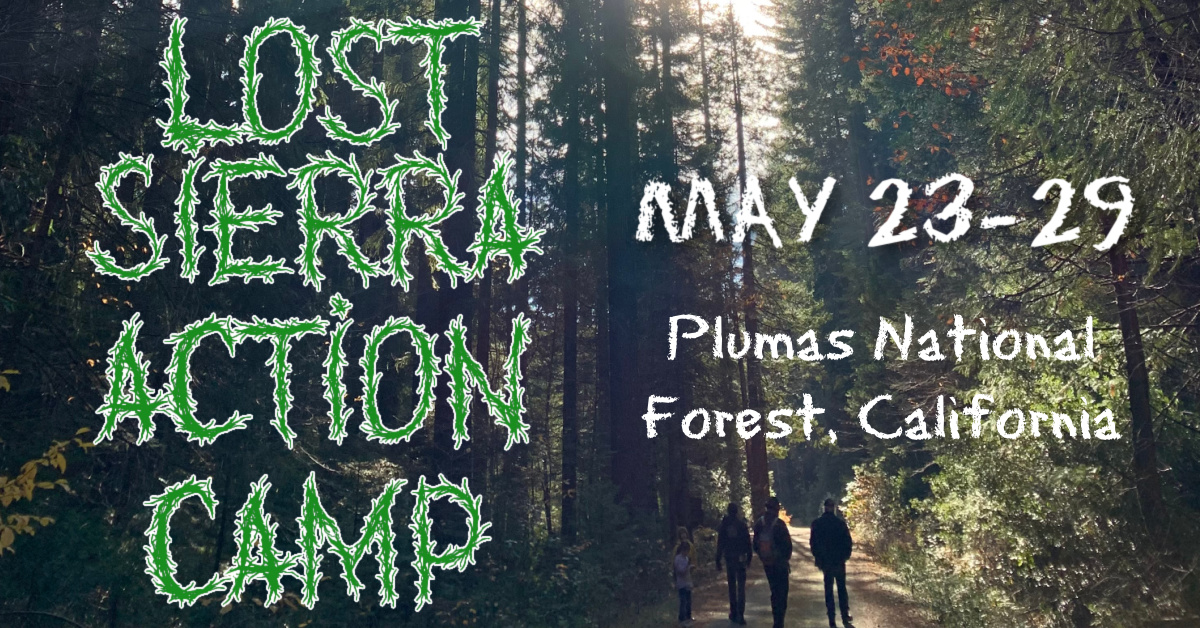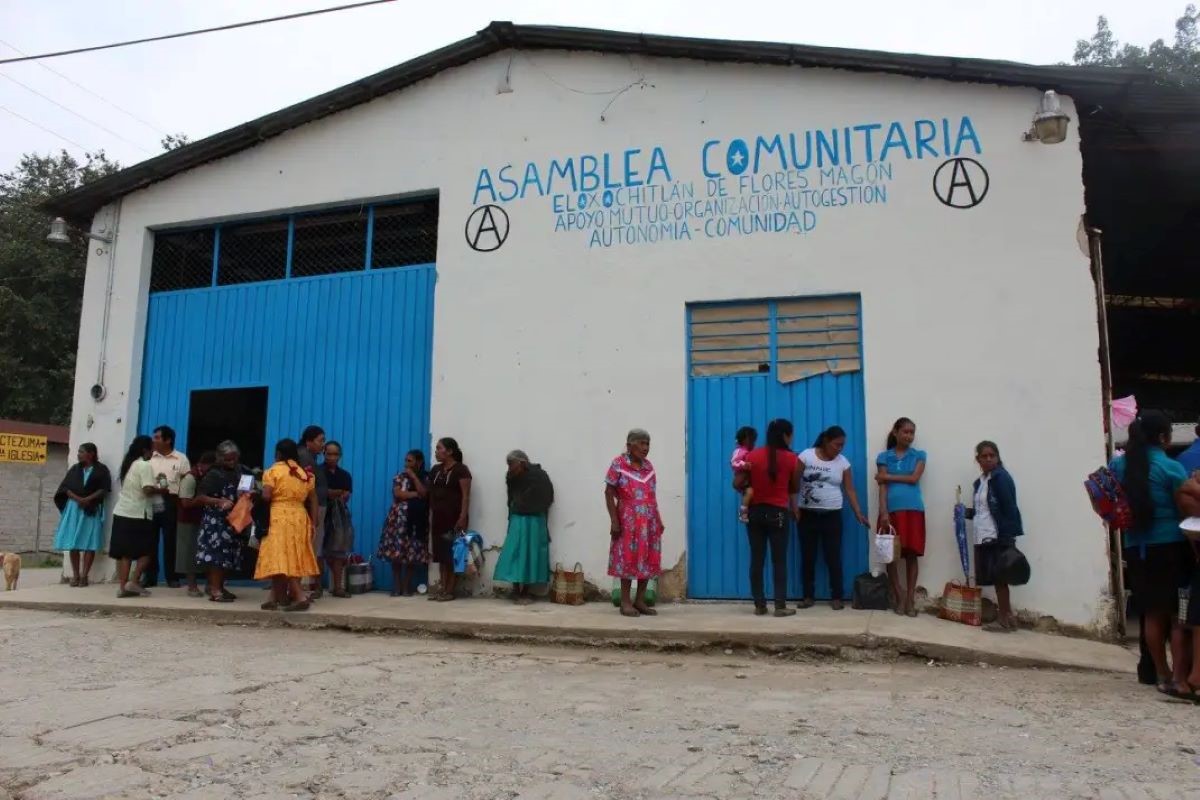Filed under: How To, Technology

The following includes some basic tips for beefing up online security in regards to your personal cell phone. Also check out, Your Phone is a Cop.
I was inspired by a recent conversation with a friend who works in encryption to write a gentle reminder that even those of us that aren’t really sure what private browsing does have the ability to set boundaries with our devices.
In movements like ours, we try to protect each other against reactionary forces like the state, right wingers and police – we shorthand these practices to ‘security culture’. Smartphones, apps, and social media has changed the way we learn, radicalize and seek care. A reminder: the first android smartphone was released in 2008. The first iPhone was released in in 2007. We have not had much time to adjust to the consequences of carrying a surveillance device in our pockets, especially not a device that behaves so helpfully and addictively, most of the time.
I write this note in the spirit of care – sometimes, phones are the most accessible tool to ask for help, to get emergency notifications, to connect with your friends and family. Don’t let these introductions to digital security and data isolate you or stoke your feelings of paranoia. Rather, consider this an opportunity to reevaluate your relationship with social media and being constantly connected, and try and set some boundaries with the digital world that we carry around with us, check at stoplights, and stare at more than we stare at anything else.
If you’re not technically-minded or don’t want to get too deep into it but still want to protect your privacy, I strongly recommend the Data Detox from the tactical technology collective and Mozilla: https://datadetox.myshadow.org/detox
If you know your way around a bit more, the electronic frontier foundation has detailed ‘surveillance self-defense kits’: https://ssd.eff.org/
To get a quick glimpse into how much google knows about you, log in to your google account and visit myactivity.google.com. Do this for every google account that you have, any google account you’ve logged into on your phone. Take stock of your feedings, delete what you feel moved to, disable some services that you don’t want or need.
Most people associate phones with wiretapping and location tracking – thanks, spy movies. Another, more banal and commonplace aspect is that our phones and social media profiles turn us into datapoints that can tell a bigger trend about our communities. In other words, by tracking Facebook profiles, police and others can get an idea of who knows who and who is influential online. There is a lot of software on the market that offer interfaces that makes this task easier – some available for purchase from the public, some cater to law enforcement. Facebook has a law enforcement login and their guidelines for use are here: https://www.facebook.com/safety/groups/law/guidelines/
For an more detailed piece from the Electronic Frontier Foundation on law enforcement and social media with regard to the J20 defendants, check this out: https://www.eff.org/deeplinks/2017/12/beating-back-rise-law-enforcements-digital-surveillance-protestors-2017-review-0
Right now, technology continues to advance and change. The way we think about our tools can’t stagnate. We build healthier boundaries with other people through trial and error and over time. We have to start doing that with our digital presences too. How has technology changed the way I think? What are my feelings of isolation and paranoia and unhappiness like before I look at my phone? After? Does interacting with people I know online deepen my connection to them or cause me to mistrust them? Am I feeling traumatized right now? Bombarded? Helpless? What do I need to do to strengthen myself to survive this moment? Do I want this moment of vulnerability to be on the internet or do I want to call someone who loves me? Why do I feel panic whenever I leave the house without my phone?





